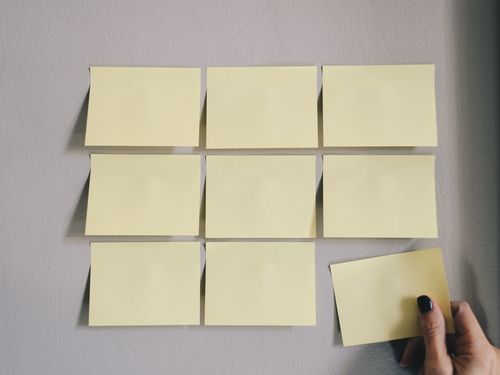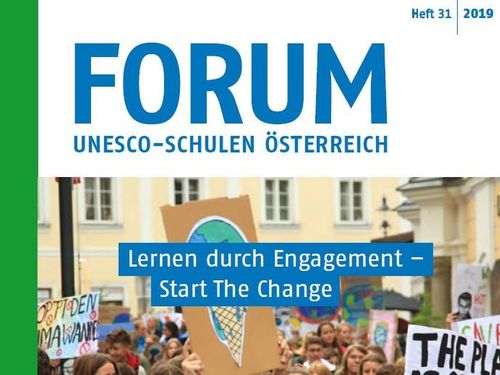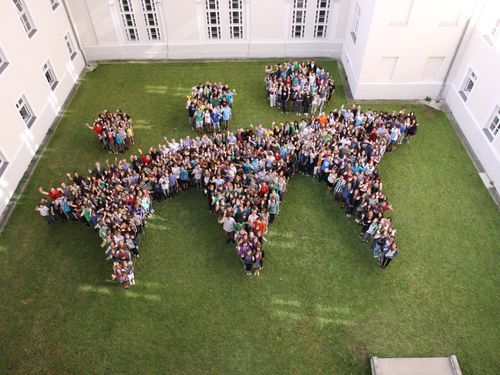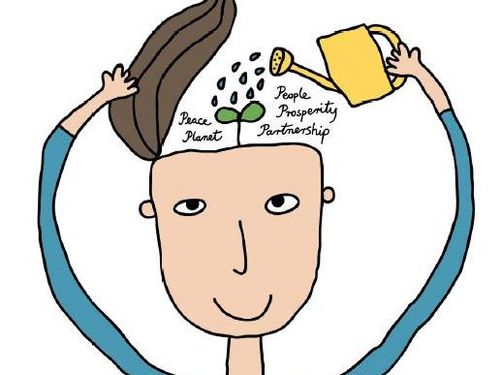The UNESCO Recommendation is the world's first international normative instrument for Open Educational Resources. It is the result of decades of work in close cooperation with a wide range of stakeholders and numerous international experts.
Open Educational Resources
Open Educational Resources (OER) are teaching, learning, or research materials which are in the public domain or released with intellectual property licences facilitating the free use, adaptation, and distribution of resources.
This common definition of Open Educational Resources (OER) was provided in the "Paris Declaration on OER", which emerged from the 'First UNESCO World Congress on OER' in 2012.
Open Educational Resources can include individual materials as well as complete courses or books. Any medium can be used. Curricula, course materials, textbooks, streaming videos, multimedia applications, podcasts—all these resources are OER if they are published under an open licence. The authors of the resources determine which rights of use they grant and which rights they reserve.
Open educational materials as an opportunity
UNESCO has coined the term "Open Educational Resources." It sees the resource as an opportunity to foster knowledge societies and promote education for all people worldwide. OER have the potential to improve the quality of education and promote dialogue, dissemination of knowledge, and capacity building.
Open educational materials also have great potential to implement the goals enshrined in the 2030 Education Agenda—to ensure inclusive, equitable, and quality education for all and to promote lifelong learning opportunities. This is because the open licence enables free access to these educational materials, as well as editing and redistribution. OER can be adapted to individual learning needs and thus contribute to inclusive education. Finally, collaborative learning processes and peer review can improve the quality of educational materials.
UNESCO Recommendation: the world's first international normative instrument
UNESCO is leading the international education policy discourse around OER and has been working to promote it for a decade. Consultation with diverse experts and stakeholders resulted in the Recommendation on OER, which was finally adopted at the UNESCO General Conference on 25 November, 2019. This is the first time UNESCO has created an international legal instrument that serves as a recommendation for UNESCO's 193 Member States. Member States must now report regularly to UNESCO on how they are implementing and addressing the Recommendation nationally.
The Recommendation supports the creation, use, and adaptation of inclusive and high-quality Open Educational Resources and promotes collaboration in this area. The Recommendation is the only existing tool for setting international standards for OER and is the result of years of effort to bring a wide variety of stakeholders together.
The Recommendation identifies five areas for action:
- Capacity building
- Development of conducive policy frameworks
- Effective, inclusive, and equitable access to high-quality OER
- Encouraging the development of sustainable models for OER
- Promoting and enabling international collaboration
The version of the OER Recommendation adopted by UNESCO Member States is currently available as a certified copy.
Instruments for implementing the Recommendation
For a globally applicable Recommendation to be effective, it is essential to involve relevant stakeholders throughout the process. Therefore, to support the implementation of the Recommendation, UNESCO launched the OER Dynamic Coalition in March 2020. This coalition is composed of experts from all Member States and promotes international collaboration amongst all relevant stakeholders.
Similarly, the Open Education Consortium (OEC) works to promote open education worldwide. The OEC is a non-profit, global, member-based network of open education institutions and organisations. The OEC works with its members to build capacity to find, reuse, create, and share open education resources, develop open policies, create sustainable open education models, and enable international collaboration and innovation.
Call for joint action: OER in times of COVID-19
The global school closures due to the COVID-19 pandemic and the resulting educational backlog have brought the importance of OER into even sharper focus. Many educational institutions, both schools and private publishing and assessment companies, have made their educational resources freely available so that students can continue to learn in quarantine.
UNESCO promotes self-paced learning and offers Massive Open Online Courses, various webinars and open educational resources. Furthermore, UNESCO supports its Member States in training teachers on how to use modern learning and information and communication technologies with the "UNESCO ICT Competency Framework for Teachers OER - Hub". In addition, UNESCO has published a guide for inclusive e-learning: "Learning for All: guidelines on the inclusion of learners with disabilities in open and distance learning".
In response to the massive educational disruption which affected 1.57 billion learners in 191 countries, UNESCO issued a call to support learning and knowledge sharing through Open Educational Resources. The call promotes the implementation of the OER Recommendation.
For more information on digital innovation and transformation in the era of COVID-19, please refer to Digital Innovation.

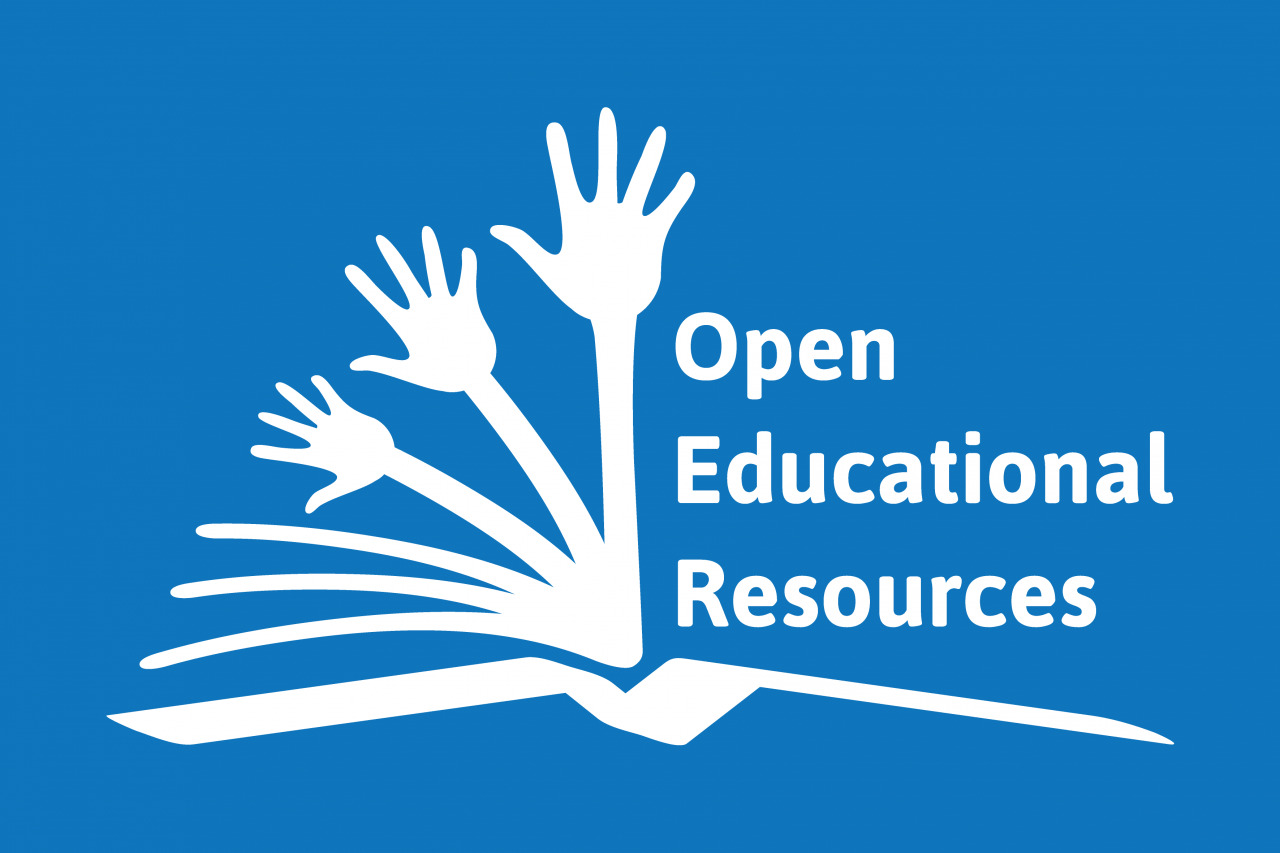
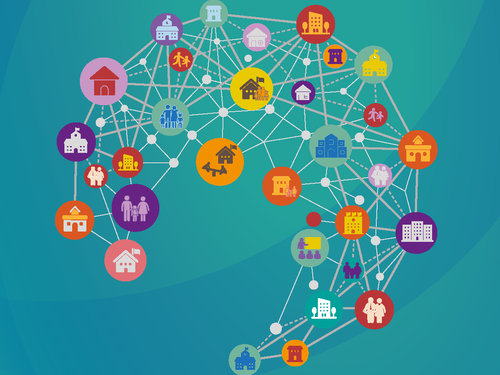

![[Translate to English:] [Translate to English:]](/fileadmin/_processed_/2/f/csm_UNESCO_PlakatHRS_SUJET_4cfdac46c7.jpg)
